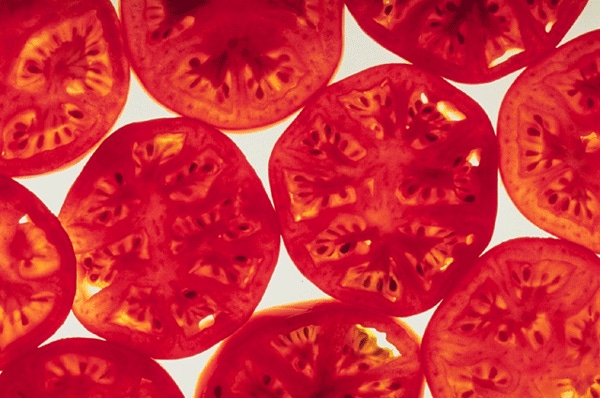February 24, 2011

In a study released in the New England Journal of Medicine, scientists from the Centers for Disease Control and Prevention provided detailed evidence linking a nationwide outbreak of Salmonella Saintpaul in 2008 to jalapeño and serrano peppers, and explained how tomatoes were mistakenly implicated in the early stages of the investigation.
United Fresh Produce Association President and CEO Tom Stenzel provides the following statement on the study:
“Members of the produce industry and consumers alike should be both relieved and encouraged to see this information confirming the source of the outbreak of Salmonella Saintpaul in 2008. The study in this week’s New England Journal of Medicine underscores the fact that temporal associations based on memories of what someone has eaten weeks earlier can be useful, but not definitive, in these investigations.
“It’s clear from the study that many sick individuals recalled eating a salsa product, but failed to recognize the peppers that were contained as an ingredient. By prematurely jumping to the conclusion that tomatoes were causing the outbreak, officials may have unwittingly allowed the outbreak to continue.
“We credit the CDC and Food and Drug Administration now for reporting these findings, as an important lesson to be learned in outbreak investigations.
“The fresh produce industry is 100 percent committed to doing all we can to prevent any contamination of any commodity from ever occurring. But these are natural products grown outside in nature, often eaten without cooking. In the rare case in which a problem does occur, we stand ready to work with local, state and federal officials to bring the most rapid identification, traceback and removal of a product from the marketplace.
“We are committed to bringing our very best scientific knowledge and detailed understanding of growing areas, production processes and distribution to help government officials quickly identify and remove the real cause of any problem.”
For more information, visit http://www.unitedfresh.org/ or call 202-303-3400.
You May Also Like




